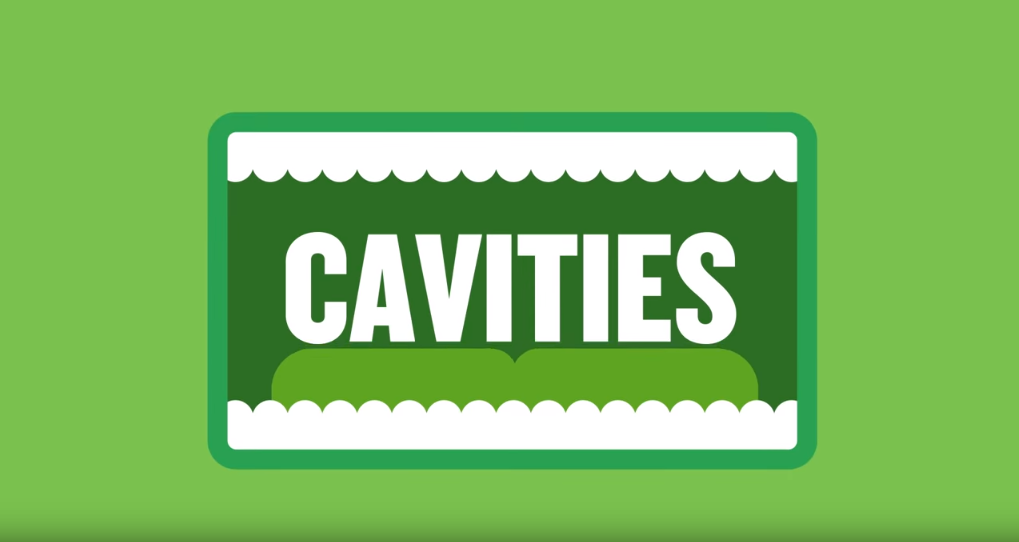Cavities are damaged areas in the surface of teeth that can result from tooth decay. Over time, this damage develops into small openings or holes that can get larger and affect deeper layers of the tooth. Although avoidable, cavities remain a very common problem among children and adults. Here are some common symptoms, causes, and tips for identifying and preventing cavities.
Symptoms of Tooth Cavity
Cavity symptoms start to appear as tooth decay advances. The earlier these signs are identified, the easier the treatment can be. Here are some common cavity symptoms to look out for:
Toothache and increased tooth sensitivity.
Sharp pain when consuming something sweet, cold, or hot.
Brown or white stains on teeth surface
Unpleasant mouth taste and bad breath
Common Causes of Cavities
High-Sugar Intake
Frequent consumption of sweet snacks and sugary drinks, such as sweetened soda, energy drinks, or artificial juices, exposes teeth to the effects of sugar and acids, causing tooth decay. To keep teeth healthy, focus your diet on whole grains, fresh fruits, and vegetables. Indulging in sweet treats every now and then is ok, but when you do follow it up with a glass of water to help rinse out your mouth.
Lack of Oral Hygiene
Poor oral hygiene is the most common contributor to cavities and tooth decay. Inadequate oral hygiene allows plaque, a thin sticky layer, to build up and attack teeth. Following a 3-step oral routine that includes brushing, flossing, and rinsing with mouthwash is necessary to combat germs and prevent cavities.
Dry Mouth
Natural saliva production helps wash away food and plaque from teeth, which means a dry mouth with less saliva provides the perfect environment for rapid plaque build-up, resulting in cavities. To relieve dry mouth try to chew sugar-free gum, drink water regularly, and limit caffeine intake.
Cavity Prevention: 3-Step Oral Hygiene Routine
To prevent cavities, it is necessary to follow a 3-step oral hygiene routine:
Brush teeth regularly using a toothpaste that contains fluoride. Direct contact between fluoride and teeth helps replenish the lost calcium to keep teeth strong. This process is known as remineralization.
Use dental floss on a regular basis to clean away trapped food particles.
Rinse using a fluoride mouthwash to eliminate hidden and hard-to-reach food residue that brushing alone might miss. This is a vital step of the routine, since brushing only reaches 25% of the mouth, leaving behind food debris and germs. Using a Listerine® mouthwash with fluoride twice daily cleans virtually 100% of the mouth.
Listerine® Mouthwash for Cavity Prevention
Adding the right mouthwash to your daily oral hygiene routine is essential to protect teeth from cavities. Listerine® Green Tea Mouthwash is uniquely formulated with twice more fluoride than toothpaste for extra protection against cavities and tooth decay. Inspired by nature, this alcohol-free mouthwash with green tea extract and essential oils is proven to:
Strengthen tooth enamel to help prevent cavities.
Reduce & prevent plaque, a major cause of gum disease and tooth decay.
Freshen breath with its mild natural green tea taste.
